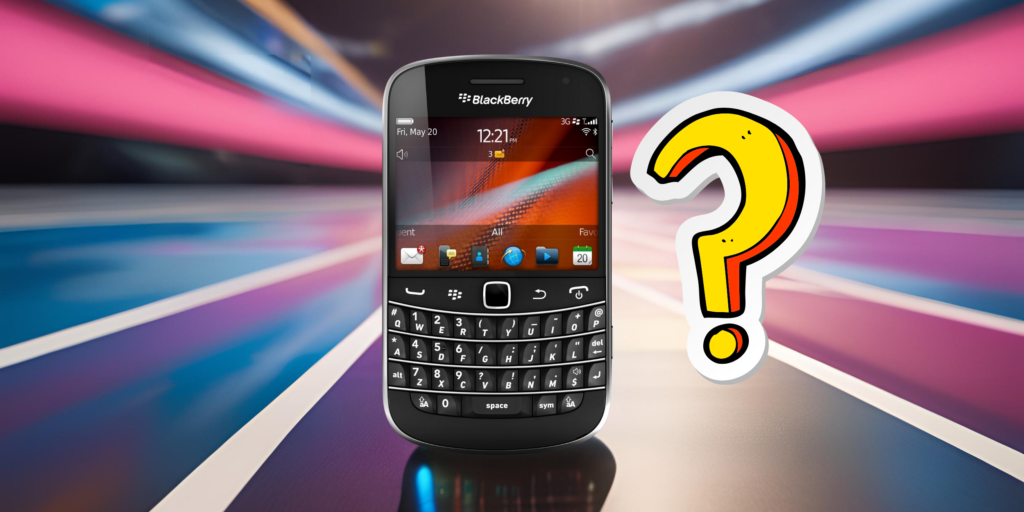BlackBerry was the king of smartphones in the early 2000s, dominating the market with its sleek design and unmistakable physical keyboard. Known for their powerful email capabilities, these devices quickly became popular among business professionals and technology enthusiasts as symbols of productivity and style.
Just a decade later, the brands that once dominated the mobile world seemed to be losing their anonymity. What happened to this once-beloved icon? Here’s the story of BlackBerry’s rise and fall in the competitive smartphone industry.
The Golden Age of BlackBerry

Founded in 1984 by Mike Lazaridis and Douglas Fregin, BlackBerry originally operated as Research In Motion (RIM). The company made a splash in 1999 with the BlackBerry 850, a device that combined wireless email and mobile communications, a revolutionary concept at the time.
BlackBerry’s ability to provide secure, real-time email access has revolutionized business communications, making BlackBerry devices a must-have for business executives and tech-savvy individuals. By the mid-2000s, BlackBerry had established itself as a dominant player in the smartphone market with a significant market share.
These devices were seen as status symbols and skyrocketed in popularity, especially among professionals who rely on email on the go. BlackBerry’s innovative features, such as push email and secure messaging, further cemented its place in the business world.
When the iPhone destroyed the smartphone market
Apple’s release of the iPhone in 2007 marked a major change in the smartphone landscape. Steve Jobs’ iPhone had a very user-friendly design, and its vast App Store ecosystem captured consumers’ attention and ultimately changed their expectations of mobile devices.
As smartphones evolved, consumers began to gravitate toward devices with larger screens, touch interfaces, and a wider range of applications. However, BlackBerry struggled to adapt to these changes. The company continued to focus on its traditional business model, which emphasized security and email capabilities, while ignoring the growing demand for multimedia features and apps.
The company’s attempts to introduce touchscreen devices were controversial, and BlackBerry’s lack of a robust app ecosystem meant it couldn’t compete with Apple and Android.
Why BlackBerry lost the smartphone race
As competition increased, BlackBerry’s market share began to decline. By 2013, that share had fallen to just 5.9%, according to Comscore. Still, the company tried various strategies to regain its footing, including partnering with software developers and attempting to modernize its operating system.
However, all of these efforts failed, and BlackBerry continued to lose out to its rivals. As a last resort, BlackBerry shifted its focus to software and security solutions, essentially shifting its focus from hardware to services.
This transition marks a major departure from its original identity as a smartphone maker, and many are wondering if the brand will ever return to its former glory.
Take-out
Overall, BlackBerry’s story includes a perfect storm of fierce competition, a struggle to keep up with changing consumer preferences, and a bold pivot toward software solutions. The brand may no longer dominate the smartphone world, but its influence on mobile communications and cybersecurity is undeniable.
BlackBerry’s path is a wake-up call for technology companies. In an industry defined by rapid change, staying relevant requires a constant drive to innovate and evolve. Looking back at the rise and fall of BlackBerry is a reminder that even the most iconic brands can disappear if they fail to keep up with the changing tides of technology.


